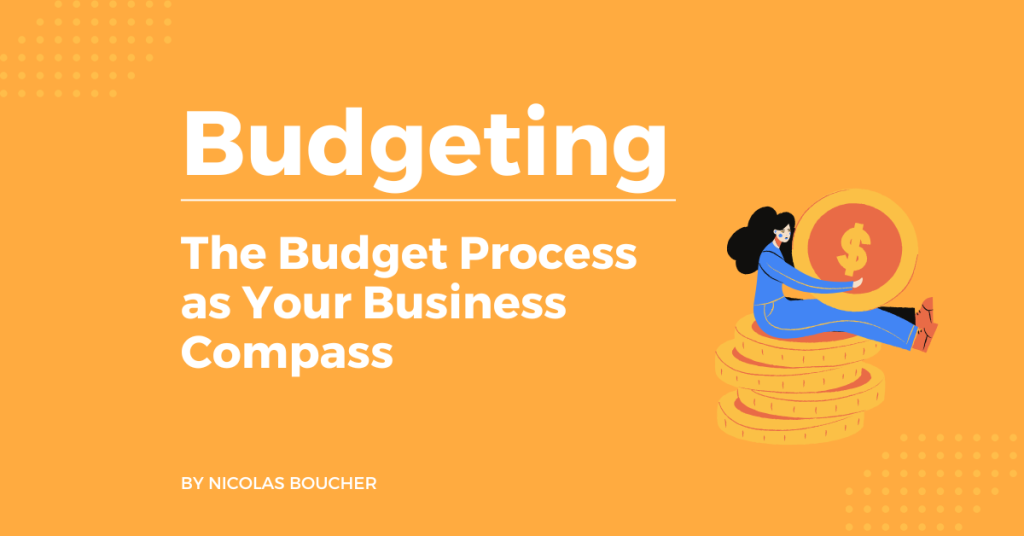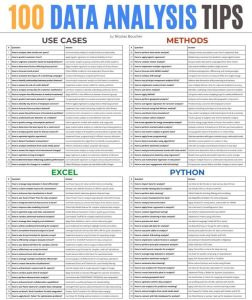Financial planning and analysis (FP&A) is a critical function within any organization, as it involves forecasting, analyzing, and providing insights into the company’s financial performance. Those who are good at FP&A are able to provide valuable guidance to management on key financial decisions and can help drive the company’s growth and success.
If you are interested in pursuing a career in FP&A, there are several steps you can take to become good at it.
If you want to be good at FP&A, here are my five recommendations.
Table of Contents
#1: Link Financial Data with Non-Financial Data
To get more value from your financial data, find a common identifier with non-financial information. For example, link sales with a sale document where you will get information about the client. Like the method of distribution, the contract, etc. Also, you can link the value of one product with its production order to have information about how many hours were spent to make the product. Also, when it was done, how much material was used, etc.
#2: Extend Your Data Analysis to Longer Periods
Usually, people make comparisons over one or two years. But if you extend your analysis over five years, you reduce the effects of one-off events, and you are able to validate trends.
#3: Create Groups of Items
Identifying trends if you sell 100s of products to 100s of clients can be tricky. However, if you group your items into three to five categories (not more), you will be able to quickly perform a Pareto analysis (80/20) and make more sense of the detailed data.
#4: Use Visualizations to Become Good at FP&A
Comparing figures is not the simplest exercise. You will have difficulties with it when you start having more than three data points to compare. But, if you convert the data into a graph, you can easily spot trends and outliers. Even better, you can compare two sets of data if you use a secondary axis. For example, comparing revenue with the number of store visits.
#5: Ask Your Operational Business Partner for Hints
Use your network and ask around what the issues people are having are. Ask which questions are often asked but never answered because nobody took the time to make a proper analysis. Get advice from your operational business partner on where to look to find insights. As a result, with their experience and their non-financial background, they will have topics in mind which are worth investigating. In addition, if you make combine hints from two different departments, you might identify something that was in the front of the eyes of everybody but was not visible due to siloed organizations!
The Final Verdict – It Is Not Hard to Become Good at FP&A
For professional growth and determining the areas where you need to focus more on improvement, it is essential to understand the most essential FP&A skills.
By following the recommendations, you can develop the skills and knowledge necessary to excel in this exciting and rewarding field.
Finally, this article is just the beginning. The information you just read is part of my course to help finance professionals become more valuable. If you are looking for some help, check out my course.















